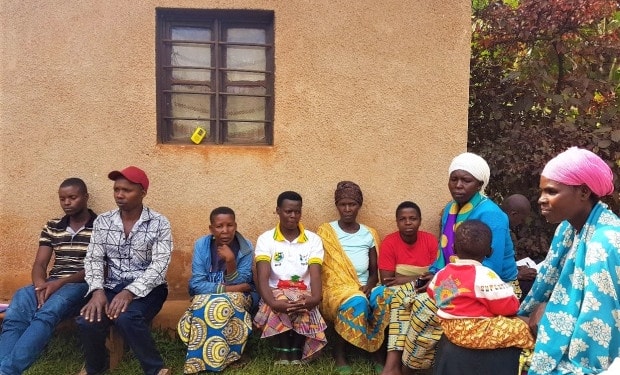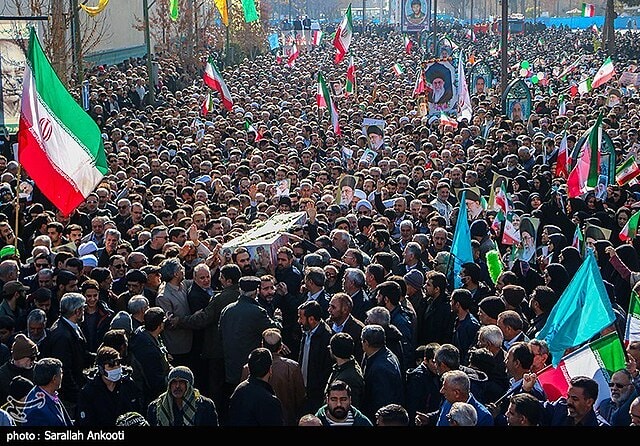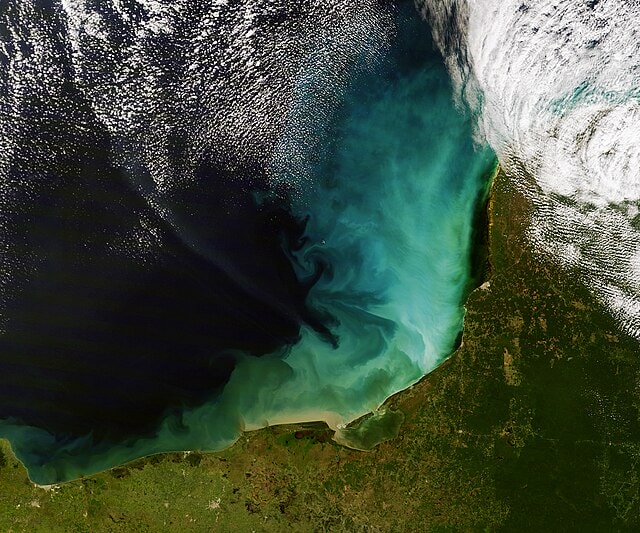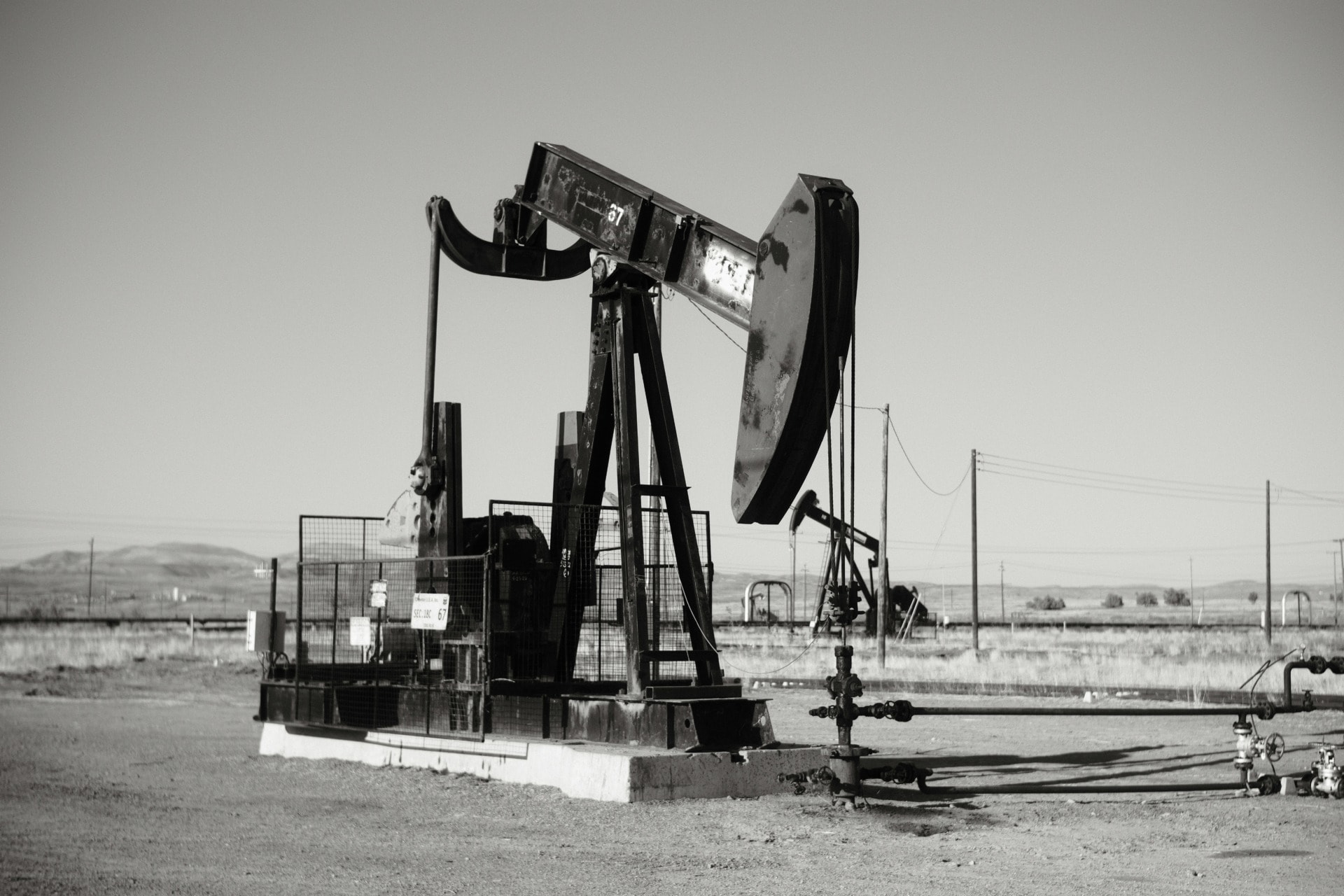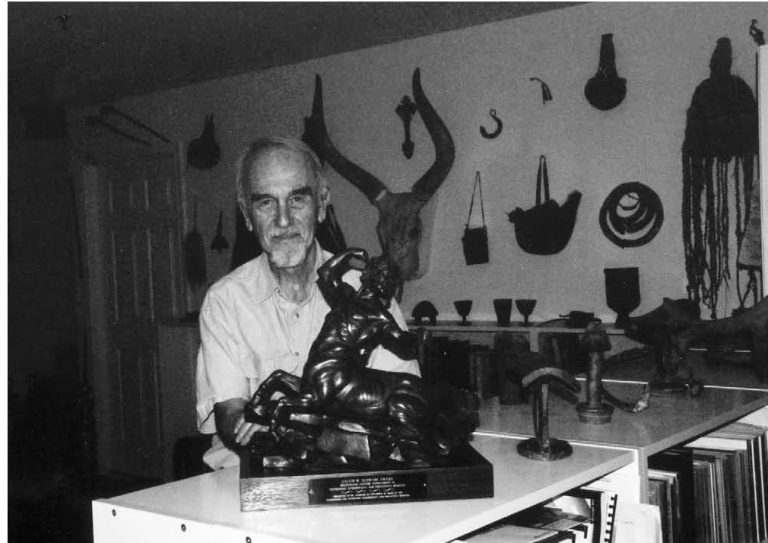
Radio broadcasts are a simple and cheap means to spread information among rural populations. Rwanda provides a vivid illustration.
Article in collaboration with: CGIAR Research Program on Climate Change, Agriculture and Food Security (CCAFS) seeks to address the increasing challenge of global warming and declining food security on agricultural practices, policies and measures through strategic, broad-based global partnerships.
Radios in Rwanda are proving to be the farthest reaching tool in the countryside. Providing climate information, radio broadcasts have become a key messenger for farmers in creating resilient food systems.
In Rwanda, radio coverage is 98%, which makes radio broadcasts the main awareness raising tool for local communities. Climate change, climate risk and adaptation related information are mainly shared through the radio and agriculture extensionists. Therefore, in collaboration with Radio Huguka, a local community radio, the Rwanda Climate Services for Agriculture (RCSA) project has created 225 listeners’ clubs. These clubs are headed by farmer promoters, trained in Participatory Integrated Climate Services for Agriculture (PICSA)* and also in managing such clubs.
Related topics: Learning about adaptation and mitigation from Cauca – Making climate finance work for adaptation in agriculture – East African Policy Makers Advocate for Gender in Climate Policy
The listeners’ clubs encourage farmers to actively follow climate and agriculture related information in order to enhance their knowledge and capacity to mitigate, adapt and manage climate risks in agriculture. During the Huguka show, farmers call and send messages and questions focused on climate services in agriculture. At least three clubs participate and directly share their views during the broadcasts. As journalists facilitate the talk shows, experts from the Ministry of Agriculture and Animal Resources (MINAGRI), the Rwanda Agriculture Board (RAB) and the Rwanda Meteorology Agency (Meteo Rwanda) respond to the inquiries of farmers.
In a recent visit to the Abahuje Tunza club, located in the southern province and Icyizere Cy’ejo Heza club from the eastern province, around 25 club members met at a members’ home to listen to the Huguka show. Following along the direct broadcast through a small radio and the telephone of the club leader, the farmers learned about the use of climate information for agricultural livelihoods.
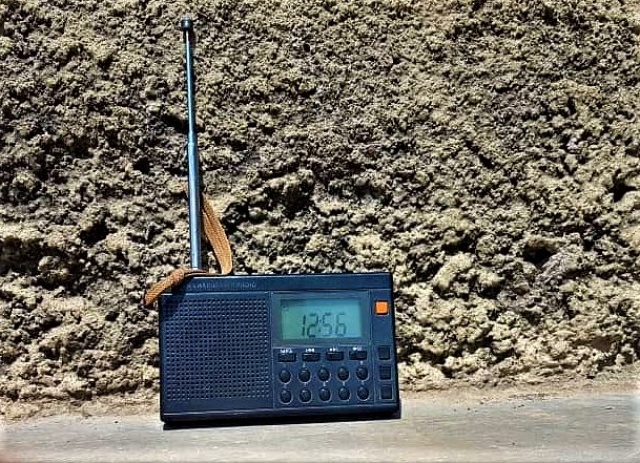
Radio broadcasts are a key climate awareness tool for farmers in Rwanda. Photo: Y. Munyangeri (CIAT-Rwanda)
A look into farmer radio broadcasts
The Huguka show is also an opportunity for farmers raise their concerns about climate change and agriculture and learn about other practices. This contributes to increased engagement in finding solutions. “In our region, we don’t know techniques for storing fodder during the dry season, so we are happy to learn from experts or farmers from other regions” said the village leader and Abahuje Tunza club member, Eduard Mugenzi, during the broadcast on fodder storage. “We have an old technique that we use to store livestock food by putting the grass in a pit and covering it with shrubs and soil to keep them from drying” responded a farmer from the western province. As many other club members were unfamiliar with the technique, experts from RAB will be brought in to fill this knowledge gap and explain more on fodder and storage in the dry season.
In the broadcast on pest control, members of Icyizere Cy’ejo Heza club shared their concerns about armyworms that destroy maize crops. While the pest is common to many farmers, they have limited knowledge on its control. “Until now, we have no solution to the armyworms and it’s really a big problem since they destroy whole crops and we really suffer from crop losses” said Augustin Nyabyenda, a club member of Icyizere Cy’ejo Heza. To address such challenges, the Huguka show has equipped farmers with new techniques and skills, becoming something of a knowledge basin. Specific skillsets include using seasonal forecasts every season, planting in lines, preparing the land before the season starts and using fertilizers to help crops survive climate variabilities during the season.
Farmers have expressed that they enjoy participating in the listeners’ clubs and are particularly happy to share their perspectives on the radio. Club members come from all walks of life, even including those in charge of village development and health coverage, boosting the acceptance of the agro-climate broadcasts across the villages.
* PICSA is a participatory agricultural extension approach, developed by researchers at the University of Reading. PICSA aims to support smallholder farmers to make informed decisions, under variable and changing climatic conditions. It does this through combining: i) accurate, locally-specific climate and weather information, ii) locally relevant crop, livestock and livelihood options, and iii) participatory decision-making tools.
About the author: Yvonne Munyangeri is Project Assistant at CIAT-Rwanda. Seble Samuel is the Communications and Knowledge Management Officer for CCAFS East Africa.
EDITOR’S NOTE: The opinions expressed here by Impakter.com columnists are their own, not those of Impakter.com. Photo Credit: Y. Munyangeri (CIAT-Rwanda)


